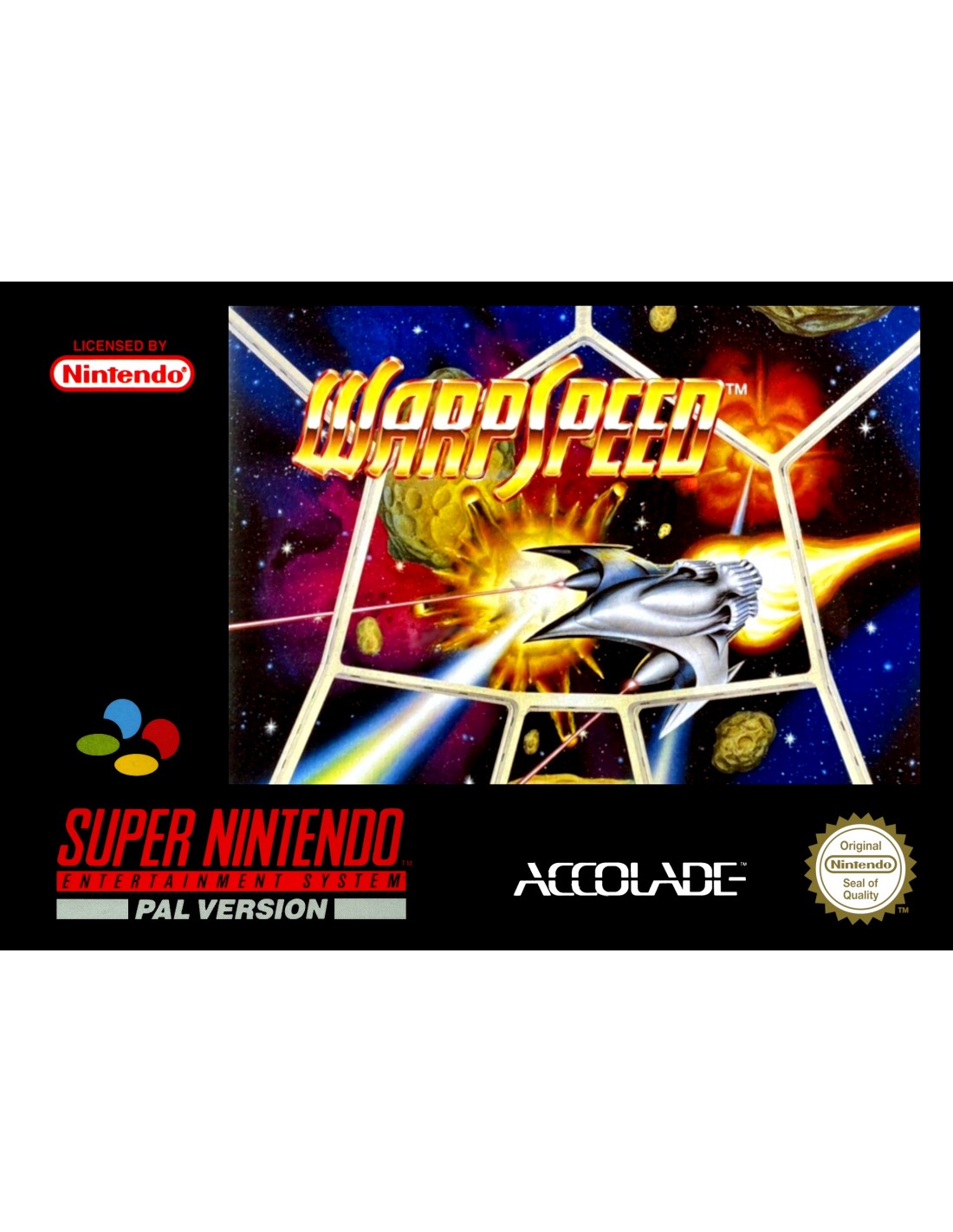Why Grow 'Real Seed'?
페이지 정보

본문

 Why grow 'Real Seed'? We solely provide Real, Open Pollinated seed. No Hybrids & no GM seed. Real Seed breeds true, so it can save you your individual seed. But that is not the only cause . Hybrid ("F1") seed is the result of a cross between two totally different , but closely inbred mother and father. Seed you save from these plants will either be sterile or a give a whole mixture of shapes and types, usually producing a poor crop. Only the seed firm knows what the mother and father are, thus only they'll produce that specific variety. If you want to grow it, you have no different source - good for the seed companies but not for you! Small growers ought to be able to maintain their own seeds, selecting each year one of the best plants best suited for their own land and situations. Yes, there are just a few exceptions, but generally, the hybrid seed enterprise has been a public relations victory over the small grower.
Why grow 'Real Seed'? We solely provide Real, Open Pollinated seed. No Hybrids & no GM seed. Real Seed breeds true, so it can save you your individual seed. But that is not the only cause . Hybrid ("F1") seed is the result of a cross between two totally different , but closely inbred mother and father. Seed you save from these plants will either be sterile or a give a whole mixture of shapes and types, usually producing a poor crop. Only the seed firm knows what the mother and father are, thus only they'll produce that specific variety. If you want to grow it, you have no different source - good for the seed companies but not for you! Small growers ought to be able to maintain their own seeds, selecting each year one of the best plants best suited for their own land and situations. Yes, there are just a few exceptions, but generally, the hybrid seed enterprise has been a public relations victory over the small grower.
 For example, you will quickly see increasingly more hybrid leek seed offered to you. This is because the supermarkets have set incredibly rigid limits on leek dimension, and the one method to realize this is thru hybridising two inbred varieties, so all leek seed manufacturing is switching to hybrids. You will be told that these new leeks are 'more uniform', 'straighter' and so forth. But what about flavour and flexibility? People seem to overlook that we need to eat & get pleasure from these items - meals isn't just a commodity! Despite frequent urban myths, there isn't any magic about hybrids. So-known as "hybrid vigour" is the simple fact that good hybrid seed is better than unhealthy real seed, and that sadly much of the true seed you get now has been badly maintained. But good actual seed - which admittedly requires time, care and patience to supply and maintain - must, by advantage of the genetics of these items, be just nearly as good, and in fact much more adaptable to totally different soils.
For example, you will quickly see increasingly more hybrid leek seed offered to you. This is because the supermarkets have set incredibly rigid limits on leek dimension, and the one method to realize this is thru hybridising two inbred varieties, so all leek seed manufacturing is switching to hybrids. You will be told that these new leeks are 'more uniform', 'straighter' and so forth. But what about flavour and flexibility? People seem to overlook that we need to eat & get pleasure from these items - meals isn't just a commodity! Despite frequent urban myths, there isn't any magic about hybrids. So-known as "hybrid vigour" is the simple fact that good hybrid seed is better than unhealthy real seed, and that sadly much of the true seed you get now has been badly maintained. But good actual seed - which admittedly requires time, care and patience to supply and maintain - must, by advantage of the genetics of these items, be just nearly as good, and in fact much more adaptable to totally different soils.
The important thing right here is that it takes less manpower to make the hybrid seed, so the wholesale seed growers are a lot happier to let the old varieties fade away. And as for the cost of hybrid seed, this is another thriller. Hybrids will not be made by hand. Yes, they had been prior to now, but not for a few years now. Most hybrid pollination nowadays is done by chemical sprays, not hand pollination, so hybrid seed should not be any more expensive than other seed. There could also be a slight further price related to the spraying, but it surely definitely doesn't justify the excessive prices and tiny packets some firms are providing. Basically, warpseed (raymondkkni49517.blogdeazar.com) seeds at the moment are bred for big industrial farms (which is the place the money is) and you, the house grower, simply get fobbed off with a number of of the same factor. Modern advert copywriting typically tries to disguise this. So when you are provided one thing that is 'good for freezing', what they imply is that it was bred to ripen suddenly for machine harvesting & you'll get a glut.
Here are a number of examples from different catalogues that we discovered: How about 'actually uniform fruit' - which often means 'inbred for the supermarket, slim genetic base, might not adapt to your soil'. Or 'straight long shanks' often means 'bred to suit the packing machine.' Or one of the best one yet - 'Leafless peas - simple to seek out the pods' translates as 'a lot smaller yield (the plants don't have any leaves !) - however a minimum of now we have got rid of the leaves we are able to harvest them with a combine.' What a sad scenario this is, with advertising and marketing people somewhat than gardeners writing the descriptions in trendy seed catalogues. In summary, hybrid seed can certainly have advantages for the industrial-chemical farmer who desires to harvest unexpectedly. But for the small home grower who desires a very good yield over a protracted interval, actual seeds are often extra productive. This has been shown time and time once more, and we expect that upon getting tried the real open-pollinated varieties we now have found, you'll agree.
Although Ben studied genetic engineering at college, all of our breeding is by traditional methods solely. On grounds of both safety and ethics we strongly oppose all genetic engineering and the patenting of plants. The subject may be very advanced, but the dangers are very simple. We imagine that, with out exaggeration, the release of Genetically Modified crops really is a harmful apply that threatens the entire ecosystem. It is just not true that Genetically Modified crops will solve third-world food problems or require much less pesticides. That is no more than advertising 'spin'. Genetic engineering is just not only a variant of what farmers and breeders have executed for centuries. It's a very new science that may give very odd, very different and highly unpredictable outcomes. It is not 'pure' for a plant to have a fish gene in it, and there isn't any realizing what odd poisons the plant might make because of discovering fish proteins floating around in its sap.
- 이전글Why You'll Want To Read More About Electric Fires Wall Mounted 24.10.31
- 다음글Fitting a Cat Flap 24.10.31
댓글목록
등록된 댓글이 없습니다.

